Econ-ARK
HARK
Toolkit
Heterogeneous Agents Resources and toolKit
Econ-ARK developed a highly modular & interoperable open source toolkit for simulating, estimating and solving dynamic economic models with heterogeneous agents
REMARK
Materials
R[eplications/eproductions] and Explorations Made using ARK
A REMARK is an executable archive that reproduces its own results on any computer
JOURNEYS
Pathways
Learning, application, and policy‑analysis
Curated learning resources and toolkit demonstrations for students and educators, central bankers, policy analysts, and industry across Econ-ARK resources
OTHER
Teaching
Demonstrations of tools, AgentTypes, and ModelClasses
View the complete collection of our tools, materials, demonstrations, tutorials, blogs, assignments, documentation, and teaching
Welcome to Econ-ARK
The heart of Econ-ARK is making reproducible papers. The ARKitecture of Econ-ARK consists of a code toolkit (HARK), demonstrations of using the toolkit (DemARK), and a Materials Library replicating modeling results of published papers (REMARK).
Read through the Quick Start Guide to get up and running with HARK, or for developers the Contributing Guidelines.
Econ-ARK Documentation A Gentle Introduction to HARK HARK GitHub
Materials Library
The Materials Library is a single-source-of-truth for all Econ-ARK published and working materials. These include reproducible papers, examples, demonstrations, documentation, notebooks and teaching material.
BufferStockTheory
This paper builds foundations for rigorous and intuitive understanding of 'buffer stock' saving models (Bewley (1977)-like models with a wealth target), pairing each theoretical result with quantitative illustrations. After describing...
Beyond the Streetlight
This repository provides an analysis of the trend in forecast errors made by the Tealbook/Greenbook(GB) and the Survey of Professional Forecasters(SPF) for measures of the unemployment rate and real growth...
Consumer Spending during Unemployment: Positive and Normative Implications
Analysis of Models for "Consumer Spending During Unemployment- Positive and Normative Implications"

